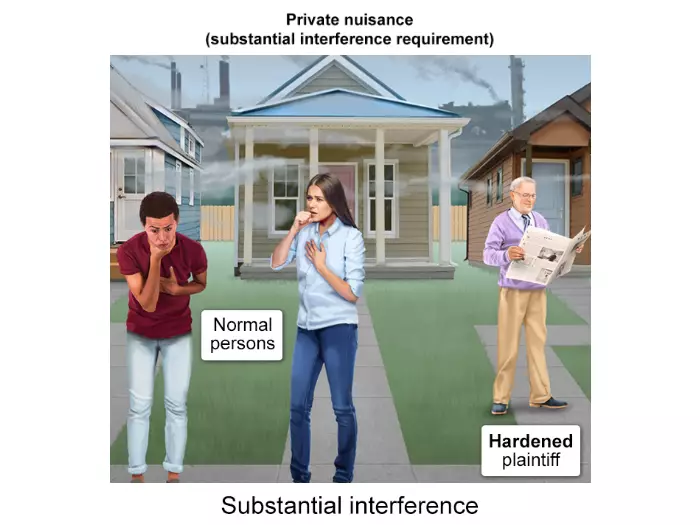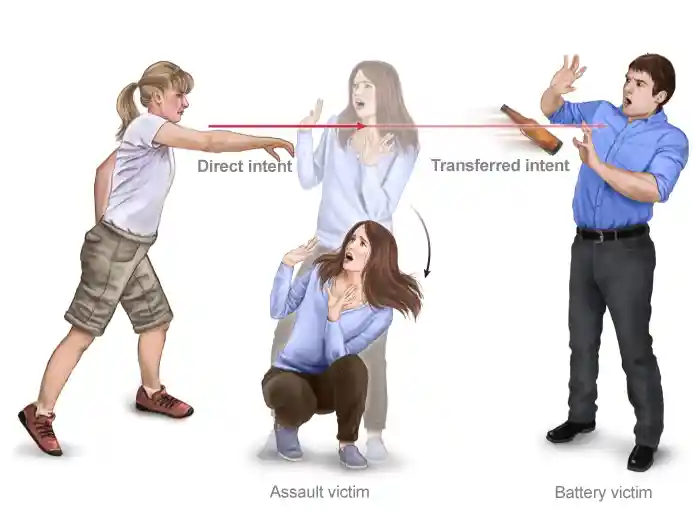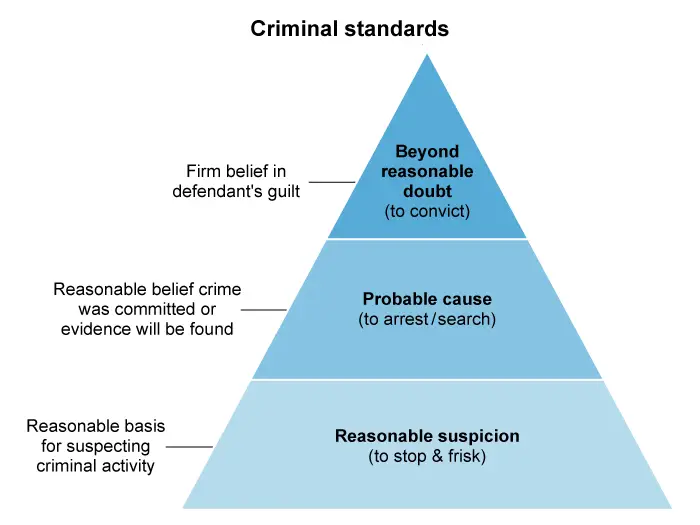US Bar Exam Eligibility
Becoming an attorney— particularly for international students — in the United States is difficult but not impossible. Whether you studied law in Ireland, Syria, Bangladesh, or India, the US will always have a place for you. All you need is to be able to locate it. And the US Bar Exam is the ideal way to go about it.
To be admitted to the Bar, most states in the United States require candidates to have a JD (Juris Doctor) degree. However, a few US states allow graduates of an LLM with no JD degree to sit for the bar exam, provided they fulfill additional conditions pertaining to their previous degrees and the credits gained during the LLM program. In addition to a bar test, every US jurisdiction requires character, fitness, and other criteria for admission to the respective Bar. And probably, with your current credentials, you might already be eligible for bar admission in some states. But then, especially as an international candidate, it is essential to stay abreast of all the major (and the minor) requirements. Here's all about it.
Taking the US Bar Exam as an International Lawyer/Student
Keeping all things under consideration, foreign-trained attorneys may experience some difficulty taking the bar exam in the United States; an LLM (Master of Laws) degree does not ensure eligibility to take the bar exam in the United States. New York, California, Texas, Alabama, and Virginia are some of the states that let foreign law graduates sit for the bar exam. In this instance, foreign-educated attorneys must begin the process by having the American Bar Association (ABA) evaluate their law degrees. International attorneys can take the bar exam like local applicants if approved.
Preparing for the bar exam, however, can get a bit intimidating. To avoid getting overwhelmed, foreign-educated attorneys can enroll in bar review courses and seminars to prepare for the bar examination, as do many American law students. Although time-consuming and costly, such courses are highly recommended and often worthwhile.
The objective of passing the bar exam as a foreign lawyer is definitely within reach!

Bar Exam Eligibility Requirements for International Candidates
Before you can call yourself a licensed attorney in any US state or jurisdiction, you must pass that state's admissions procedure and, most importantly, the bar exam. While each US state and jurisdiction has its own admissions standards and procedures, we've first listed the major bar exam requirements that need to be fulfilled by all applicants:
- Legal Education Requirements
- Professional Responsibility Requirements
- Residency Requirements
- Character and Fitness Requirements
Once the above requirements are met, international law students need to:
Complete a JD program at a US law school
Non-citizens who want to practice law in the United States have the option of earning a JD from an American law school. This option requires the applicant to have a bachelor's degree from their home country since that is the minimum academic requirement for admission to law school in the United States.
There are various US law schools to which you may apply. Still, you must ensure that the American Bar Association accredits the school and the state where you want to practice law and that the state where the school is situated permits overseas students to take its bar exam.
Complete an accredited LLM at a US law school
Having a Master in Laws degree doesn't guarantee eligibility or qualify candidates to sit for the bar exam or even practice law in every US state. Combined with other additional requirements, some states allow international applicants to sit for the bar exam.
Be a practicing English common lawyer
In several states in the United States, foreign-trained attorneys who have been admitted to practice law in their native country or the state where they acquired their legal education are eligible to take the bar exam. Some states have additional criteria, including examining the candidate's law degree to see whether it meets ABA-approved standards, attorneys practicing in English common law jurisdictions, and years of legal experience. If these prerequisites are satisfied, foreign-trained lawyers do not need to attend an American law school to qualify for the bar exam and become attorneys in these states. The US states with similar rules are New York, California, and Hawaii (English common law, five or more years of practice).
Notarized Authorization and Release (A&R) form Submission
Your application for the bar exam will not be approved without a signed and notarized A&R form. A notarized A&R permits character and fitness analyzers to do a comprehensive background check on you. Depending on your state/jurisdiction, you may either upload the A&R to your online account or submit it with a postmark no later than the bar test application date. Some states require you to submit this application before sitting for the bar examination, while others allow you to submit it later.
State Wise Bar Exam Requirements
Every jurisdiction in the United States has its own criteria for applying to its bar exam, including the format of its bar exam, application dates, and exam costs. One of the most common requirements for an international student/lawyer apart from having an accredited LLM degree, is having a legal education in English Common law, an additional education at an ABA-approved law school, having practiced law in foreign jurisdictions, and a determination of educational equivalency. Because rules and regulations vary by state, it is essential to understand the requirements for each state and jurisdiction where you will take the test.
While about 35 states and jurisdictions admit international graduates based on one of the requirements mentioned earlier or a set of conditions along with an LLM degree, there are states and jurisdictions where international students aren't eligible to sit for the bar exam. These jurisdictions include Arizona, Arkansas, Delaware, Idaho, Indiana, Iowa, Kansas, Michigan, Minnesota, Mississippi, North Dakota, Oklahoma, South Carolina, Wyoming, Guam, Northern, Mariana Islands, Palau, and Puerto Rico.
Traditionally, California and New York have been the most sought-after states to practice law in by international law graduates, given their relaxed policies regarding the bar exams. However, in 2014, the Texas Board of Legal Examiners changed its qualifying rules, thus joining the list of the top three most easily accessible bars for international lawyers. Texas and New York administer the Uniform Bar Exam (UBE®), while California has its own, state-specific bar exam.
The Texas Bar is now one of the most accessible US bars for foreign attorneys who are licensed to practice in their home country or who have a first professional degree in law from a common law system. According to the Texas Board of Law Examiners, an international candidate can sit for the bar exam if they have/are:
- Completed a course of study at an accredited foreign law school based on the principles of English common law and was substantially equivalent in duration to the legal education provided by an ABA-approved US law school.
- Authorized to practice law in a foreign jurisdiction or in another state; and have been actively and substantially engaged in the lawful practice of law for at least three of the five years immediately preceding the date of the application.
- An LLM degree that satisfies the Texas Board of Examiners’ rulebook
- Are authorized to practice law in a foreign jurisdiction or in another state.
The New York Board of Examiners states two different yet straight-forward categories of validity for foreign-trained lawyers to sit for the New York bar exam: their legal education will be transferred to the US system or it will not be transferred:
- If the candidate has completed a three-year program focused on English common law, they can sit for the bar exam once they receive an Advance Evaluation of Eligibility from the board of examiners
- In case the candidate doesn’t fulfill the above criteria, they must complete a Master of Laws degree program of a minimum of 24 credits before sitting for the bar exam
Additionally, the candidates—regardless of the above-mentioned situations—should first register with the New York State Board of Law Examiners and submit an Online Foreign Evaluation form and have a minimum of 50 hours of pro bono service.
Although the California Bar is comparatively easy to get through—with its flexibility when it comes to allowing foreign-trained lawyers to practice in the state—there are some additional obligations that the State Bar of California requires for international law graduates not admitted to practice outside the US:
- A Certification of Foreign Degree Equivalency from a credential evaluation agency
- Obtain an award of an LLM degree that meets specific requirements or the successful completion of 20 units of specific legal education; a minimum of one course in four separate subjects tested on the California Bar Examination of not less than a total of twelve (12 semester or equivalent units)
- Take the Professional Responsibility course; it covers the California Rules of Professional Conduct, relevant sections of the California Business and Professions Code, the ABA Model Rules of Professional Conduct, and leading federal and state case law on the subject
Applying for the Bar Exam
Admission to the bar is governed by the Board of Bar Examiners of the applicant's home state. The admissions process varies greatly from state to state, but often includes the following steps:
Step 1: In almost every jurisdiction, applicants seeking a license to practice law must receive a passing score on the Multistate Professional Responsibility Examination (MPRE®). The MPRE is an ethics test that evaluates applicants' knowledge of the Model Rules of Professional Conduct.
Step 2: Application for the bar exam. The applicant needs to create an account on the official NCBE portal, choose their preferred jurisdiction, select a date to appear for the exam, and pay the state-specific application fee.
Step 3: Complete the state's character, fitness, and further entrance criteria. Applicants will be required to supply extensive information on their academic, work, and financial history; as well as references, any criminal record, and legal proceedings, and to submit to Live Scan fingerprinting.
LLM students must confirm their eligibility to appear for that state's bar examination and submit the required assessment request and specified official documents well in advance of the applicable bar examination date.



Frequently Asked Questions
Why Should I Take the Bar in the US?
A Juris Doctorate looks great on your resume or CV, both for US and foreign employers. By passing the bar, not only can you demonstrate your understanding of US law—an impressive and difficult accomplishment—but it also allows you to practice law in that state as a fully admitted lawyer, offering better prospects than working as a law clerk or foreign legal consultant.
Which Jurisdiction Is the Best to Take the Bar Exam In?
The decision on which state in which to take the bar is highly personal and depends on a variety of factors. When making your decision, remember that you will only be permitted to practice law in the state in which you take your exam. So, if you are planning on practicing law in the US after taking the exam, it is a good idea to take the exam in a state in which you would like to live or work.
What to Expect in the Bar Exam?
The Uniform Bar Exam, or UBE, consists of 12 hours of testing spread over two days. It is divided into three parts: the Multistate Performance Test (MPT), the Multistate Essay Exam (MEE), and the Multistate Bar Exam (MBE). In addition to the UBE, your jurisdiction may require you to complete a state-specific component. If this is the case, your bar test will be somewhat lengthier.
Is There a Recommended Bar Preparation Course for International Takers?
There are many bar exam prep courses to choose from; however, the Themis Bar Review LL.M. Advantage course includes everything an international student needs to pass the US bar exam. It provides access to materials nearly eight months before the exam, a personal success team to speak with throughout the study process, and unlimited essays available for grading by a licensed attorney.
Read More About the Bar Exam
Do you know your state’s bar exam requirements? Bar exams in different states have unique requirements. Learn more about these requirements, dates, and more.
Looking for information on the subjects tested on the Bar Exam? Here’s all about the bar exam format, list of subjects, grading criteria, and much more at your disposal.
